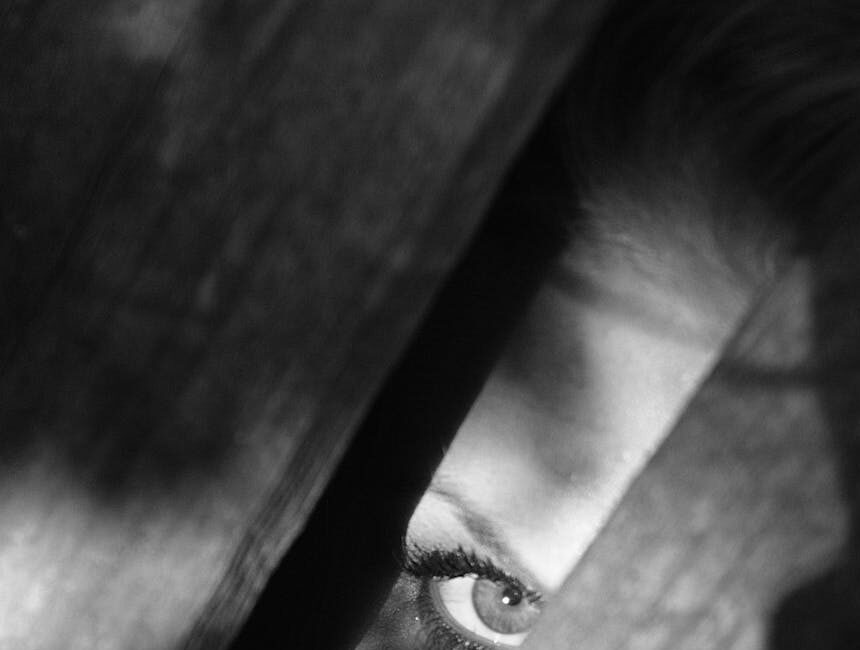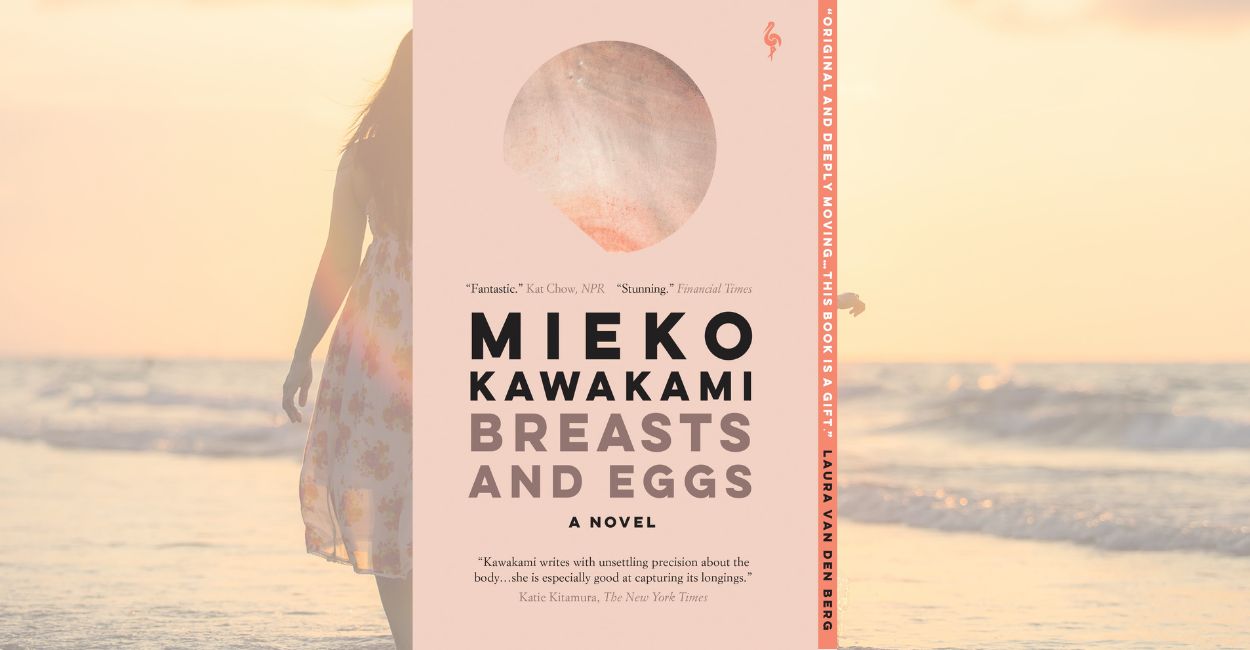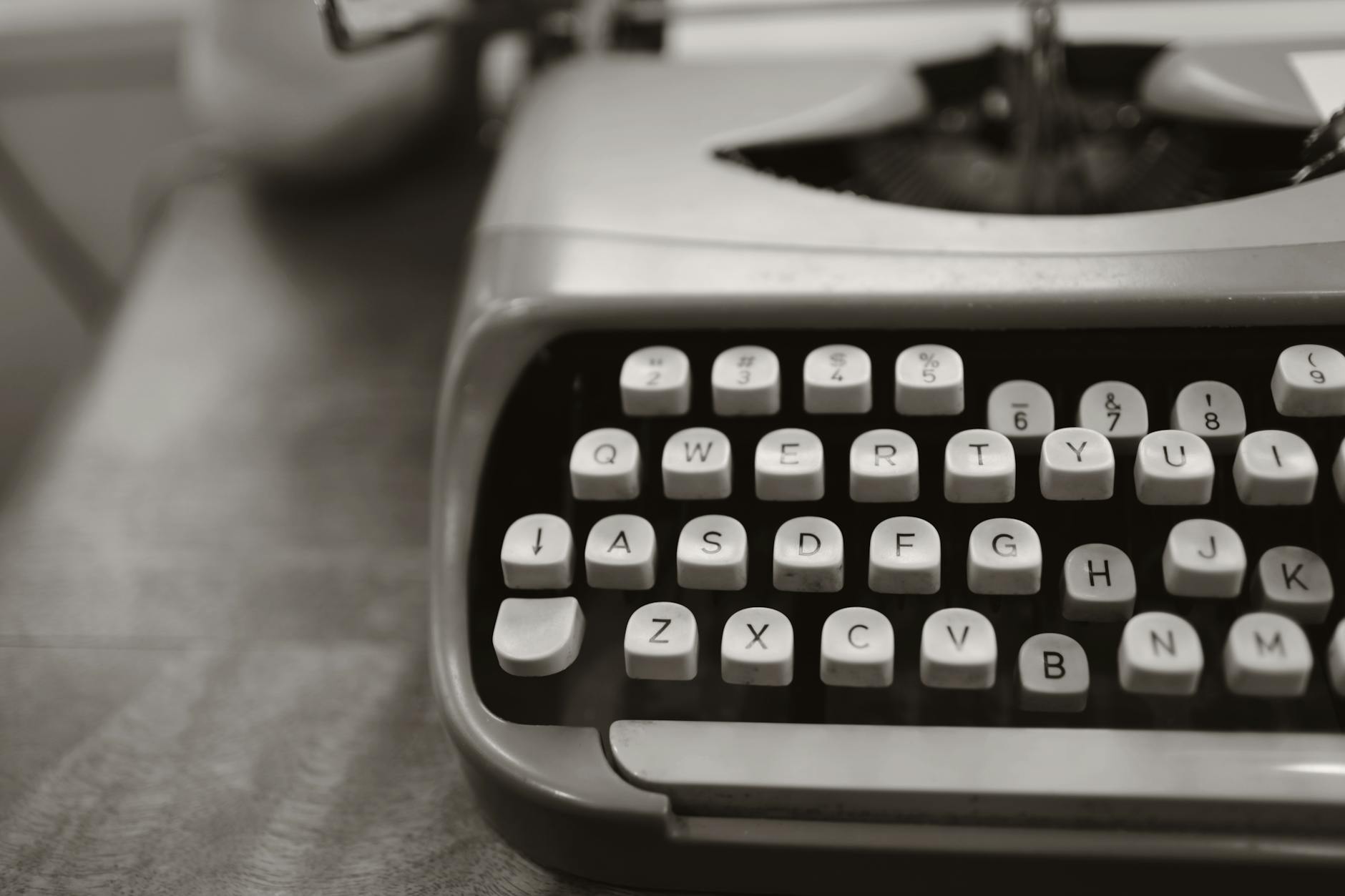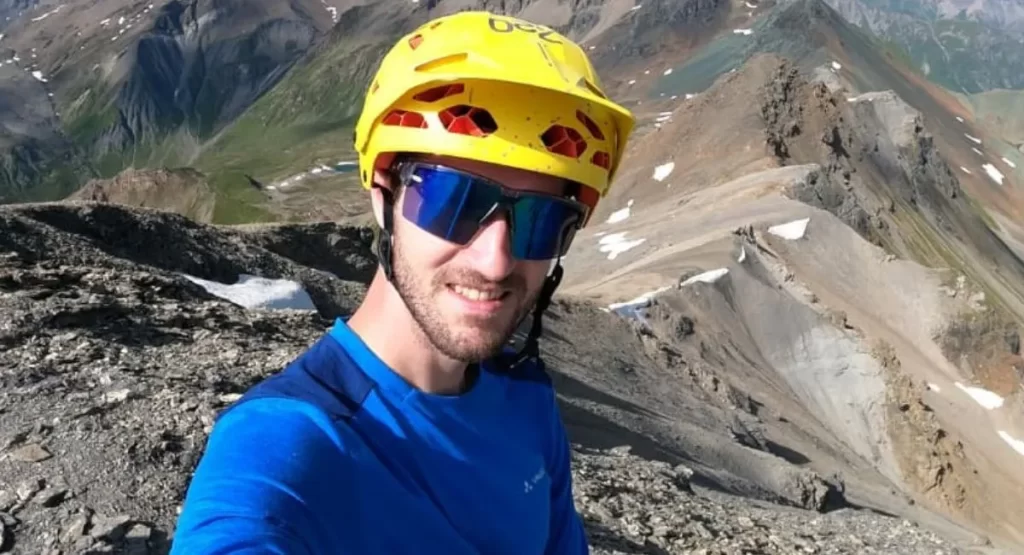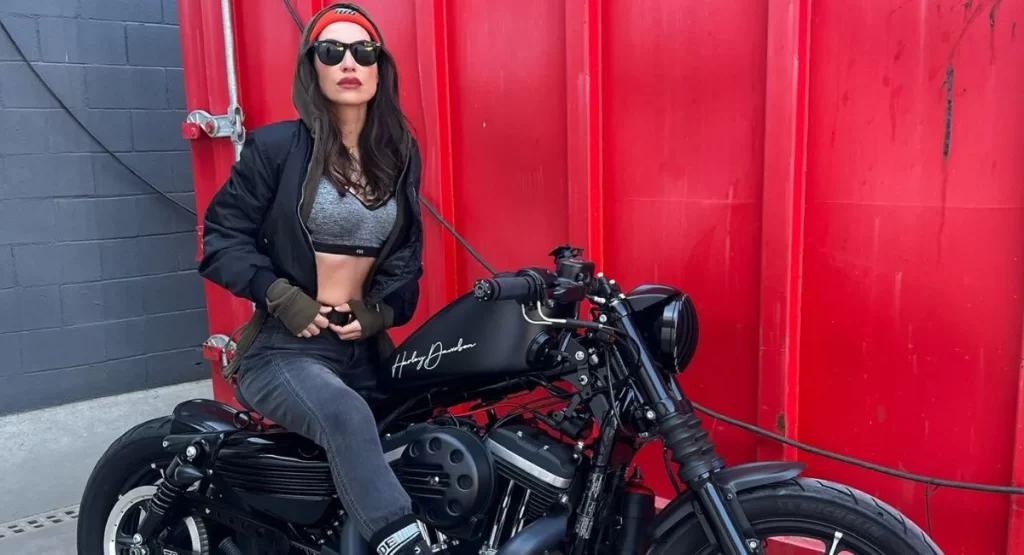Rajmata Jijau, also known as Jijamata or Jijabai Bhosale (12 January 1598—died 17 June 1674) is another name for Jijabai.
She was born in a small village, Sindhkhed. The daughter of the royal family, Mahalasabai and Lakhuji Jadhav. Her father was military commander of Nizam Shahi Sultan.
The woman of the brave heart and possessed the quality for equality and brought anti-caste movement early in 16th century in India. She got married at the age of 7 (child marriage was common everywhere in the world). [1] Sindhkhed Raja was the place where she was born and the discussion of the marriage of Jijau and Shahaji Maharaj took placed.
Family life of Jijabai Bhosale

Jijau was the founder of “The Great Maratha Empire” after she married to Shahaji Bhosale. Shahaji was also a brave military commander of Nizam Shahi Sultan. The aristocrat of Bhosale family was the origin of the Verul village, Maratha clan (1600-1707) from Maharashtra, India. Both the family of Bhosale and Jadhav inherited warriors of 16th century.
After the marriage of Jijabai, there were family disputes between Shahaji and father of Jijau. However, the couple did not lose the bond, after which decided to live on the Shivneri fort. The couple stood strong against difficult times in their life.
Temple at Shivneri Fort
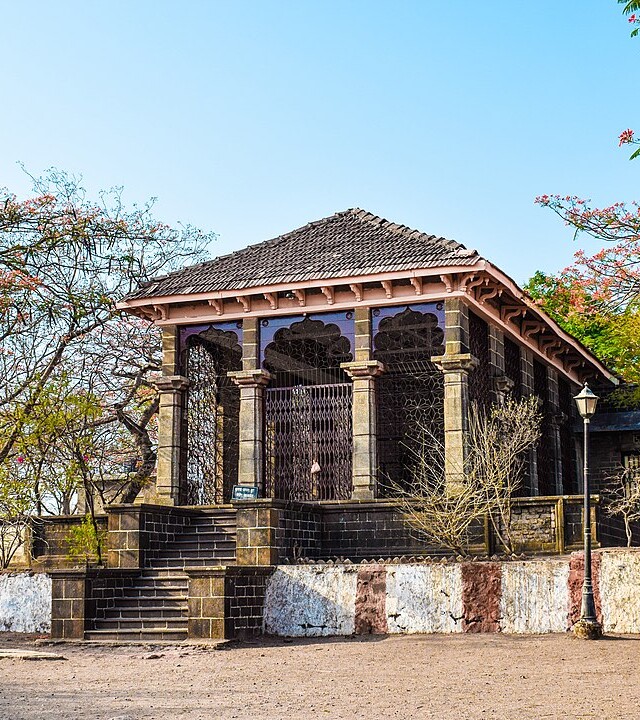
The fort Shivneri was the one divine place not only for Bhosale but to thousands of other local family. Additionally, it was the place where Rajmata Jijau gave birth to the great warrior Shivaji on 19 February 1630. The English traveller, Fraze who visited the fort (1673) claimed that Shivneri was well-stocked with food.
As well as, it could feed thousands of people for more than seven years. [2] However, after the British rules went to live right after the decisive Third Anglo-Maratha War (1817–1818) between British East company and The Maratha Empire. Shivneri went under the control of British Presidency (BEC) in 1820
Jijamata gave birth to total eight children. Out of six were girls and two boys. Shivaji was the one of them who became Chatrapati Shivaji Maharaj (Hindu King). Shivaji named after from a temple on Shivneri fort called Goddess Shivai Devi.
Jijau was clever and brave who got the gist about conditions of poor Marathas in early Mughal Empire. She could see there was no existence of Maratha people in the country. Also, decided to form “The Great Maratha Empire” The idea of forming the empire was quite difficult and impossible to go against the Mughals who were already well established in India, Pakistan and Afghanistan.
The Great Mughals (Emperor) below were difficult to conquer and also had almost occupied all the entire country.
However, one day a small Maratha Kingdom came into existence, proved and showed the power to the entire world.
- Babur (1483-1530)
- Humayun (1508-1556)
- Akbar (1556-1605)
- Jahangir (1569-1627)
- Shah Jahan (1592-1666)
- Aurangzeb (1658-1707)
When Shivaji was born, Jijau started developing his easily grasping intellectual levels. She gave him special trainings of traditional war, current affairs of the Mughal Empires and their social intolerance. As well as, she passed her early social reforming quality traits and well do respect of women etc to Shivaji. The main motto of Jijabai was to get her Swaraj of all the Maharashtra and form a strong Maratha Kingdom.
Forming The great King Shivaji
Jijau never taught him something that break the bond between his beloved people. The Maratha Empire was open to join by Anybody. There was no caste discrimination and abusive behaviour in the empire. Shivaji was a brave Hindu king who had a kind, helpful and supportive attitude that all inherited from his mother.
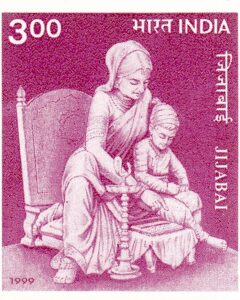
As well as, Shivaji learned many skills the one great warrior possessed at his early age, e.g., Riding Sword, throwing spear and proper use of shield while fight.
The education of Shivaji was done under the training of Baji Pasalkar and Kanhoji Zade. Shivaji Bhosale had soon become a well-trained horse rider.
The Death of Jijau occurred right after the coronation of her son Shivaji. Twelve days later Jijabai took her last breath on 17 Jun 1674 and her burial build at a small village Pachad, Fort Raigad.




